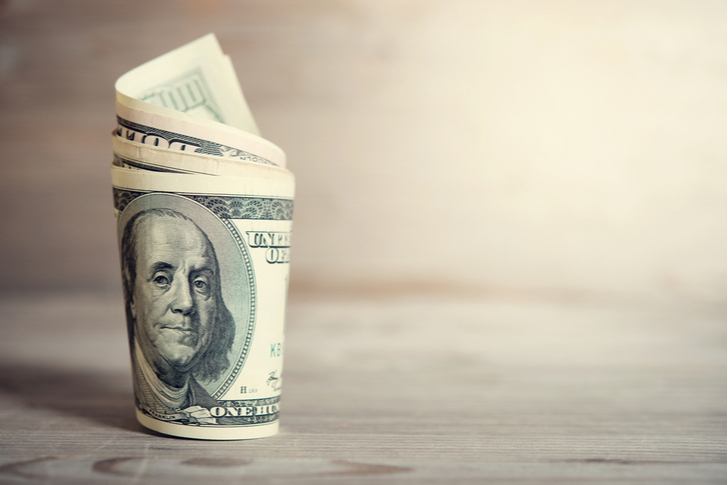The difference between investing and saving
First, we need to understand this basic concept. To invest means reserving money that has the potential to earn a profit and increase in itself.
It is very different from conventional savings, which is a way to set aside money to be used in the future. In investing, you assume the funds to generate some income and increase the capital amount.

Should you invest or pay off debt?
Now let’s face the vehemently debated issue in the finance macrocosm- is it wise to invest while paying off student’s debt. A straightforward reply is, “Yes, it is.”
Now you better be prepared for some mental calculations to understand the situation.
Which circumstances favor investing while paying debts?
The general rule is that you should focus on paying off your debts, rather than investing if the interest rate is high, especially if it is in 2 digits. Experts believe that if you have a very low-interest rate on your student loan, ideally between 4 – 5%, only then, you should consider investing in the finance market.
For better understanding, let’s devise a hypothetical situation. Miss A expects to earn 6 to 8 percent on her investment, and her student loan debt is at 3 or 4 percent; then, she is better off investing some of her money.
Research the stock market
Julie Virta, the senior financial advisor with Vanguard Personal Advisor Services, recommends researching the stock market environment before investing at any given time. The stock market experienced the Great Recession from 2009 through 2018, but now analysts foresee market equilibrium, ultimately providing a high chance of better payoffs.

However, if you have loan debt above 7%, then ideally, you should pay it off before considering an investment. A diverse portfolio on average returns about 6% annually considering high ups and low, so using this as a guideline, you should compare hence, plan your investments while paying off debts.
A Tip
Before you consider investing, you should have an emergency fund of at least three months of expenses in a highly liquid, checking, and savings account.
Conclusion
In conclusion, if you can yield a greater percentage on your investments in comparison to the interest on your debt, you should consider investing. If not, you should pay off your loan first.
Eventually, the end-game objective is to be debt-free and sufficient in profitable investments that can provide a comfortable standard of living to you and your family. And it is a goal that you can achieve with patience and hard work.





